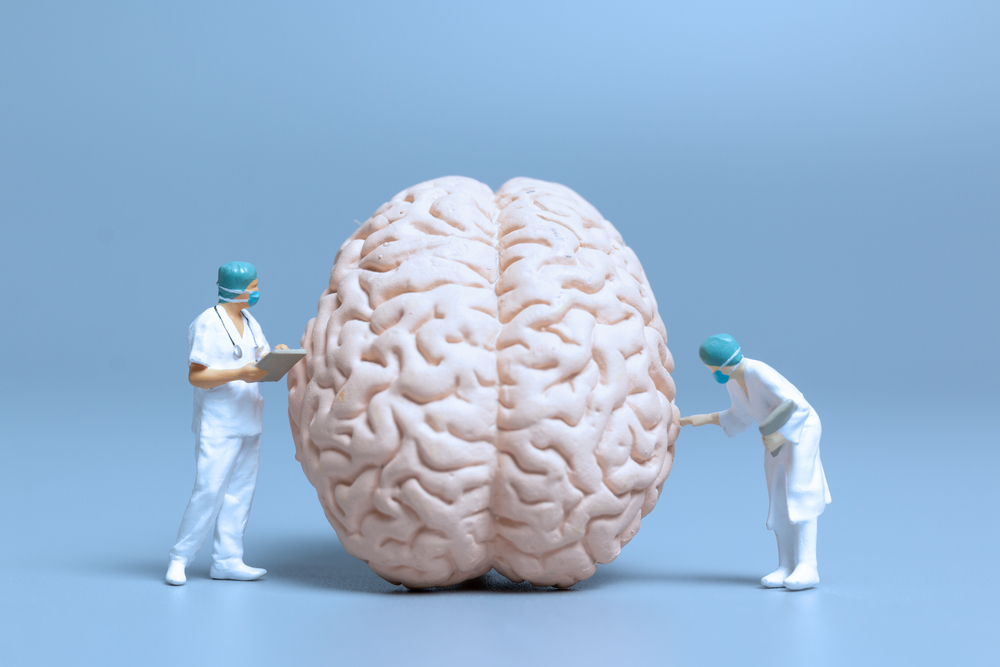Ageless Thinking: Unconventional Tips for a Sharper Mind
Author : Dr Tulika | 21 Jul 2025

Beyond Brain Games: Unique Strategies for Lifelong Cognitive Health
Aging is an inevitable part of life, and as the years go by, it becomes increasingly important to prioritize the health of our minds. Maintaining cognitive well-being is a key aspect of overall mental health, and there are various unconventional yet effective strategies that can contribute to keeping your brain sharp as you age. In this blog, we'll explore six unique approaches that go beyond the traditional advice, offering a holistic perspective on preserving your cognitive abilities.
Move More
Physical activity is often associated with maintaining a healthy body, but its impact on the brain is equally significant. Engaging in regular exercise has been linked to improved cognitive function, memory retention, and reduced risk of cognitive decline. Consider incorporating activities like dancing, yoga, or even brisk walks into your routine. Not only will you be promoting physical health, but you'll also be giving your brain the exercise it needs to stay agile.
Prioritize Good Sleep
Quality sleep is the unsung hero of cognitive well-being. During deep sleep, the brain undergoes crucial processes that contribute to memory consolidation and overall cognitive function. Establishing a consistent sleep routine, creating a comfortable sleep environment, and avoiding electronic devices before bedtime can significantly enhance the quality of your sleep. Make sleep a priority, and your brain will thank you for it.
Maintain a Healthy Diet
The connection between nutrition and brain health is profound. Antioxidant-rich foods, omega-3 fatty acids, and a balanced diet contribute to cognitive function and help protect the brain from age-related decline. Consider incorporating berries, leafy greens, fatty fish, and nuts into your meals to provide your brain with the nutrients it needs. A well-nourished brain is better equipped to face the challenges of aging.
Stay Social
Human connection is a powerful tool for maintaining cognitive health. Engaging in social activities, building and maintaining relationships, and participating in group activities can stimulate the brain and contribute to emotional well-being. Socializing not only provides mental stimulation but also offers a support system that can be crucial for navigating the challenges of aging. Prioritize meaningful connections with friends, family, and the community to nurture your mind.
Exercise Your Brain
Just as physical exercise benefits the body, mental exercise is vital for brain health. Challenge your brain with activities that require problem-solving, critical thinking, and creativity. Puzzles, games, learning new skills, and engaging in intellectually stimulating conversations can help create new neural connections and maintain cognitive flexibility. Keep your brain active and adaptable to counteract the natural aging process.
Manage Stress
Chronic stress can have detrimental effects on both mental and physical health. Adopting stress-management techniques such as meditation, mindfulness, and deep-breathing exercises can help protect your brain from the negative impacts of stress. Chronic stress has been linked to accelerated cognitive decline, so finding healthy outlets to manage stress is crucial for long-term cognitive well-being.
In the pursuit of preserving cognitive health as you age, it's essential to embrace a holistic approach. Moving more, prioritizing good sleep, maintaining a healthy diet, staying social, exercising your brain, and managing stress are interconnected strategies that, when combined, create a comprehensive plan for cognitive well-being. By incorporating these unique approaches into your lifestyle, you'll be taking proactive steps to ensure a mindful and fulfilling aging process.
















